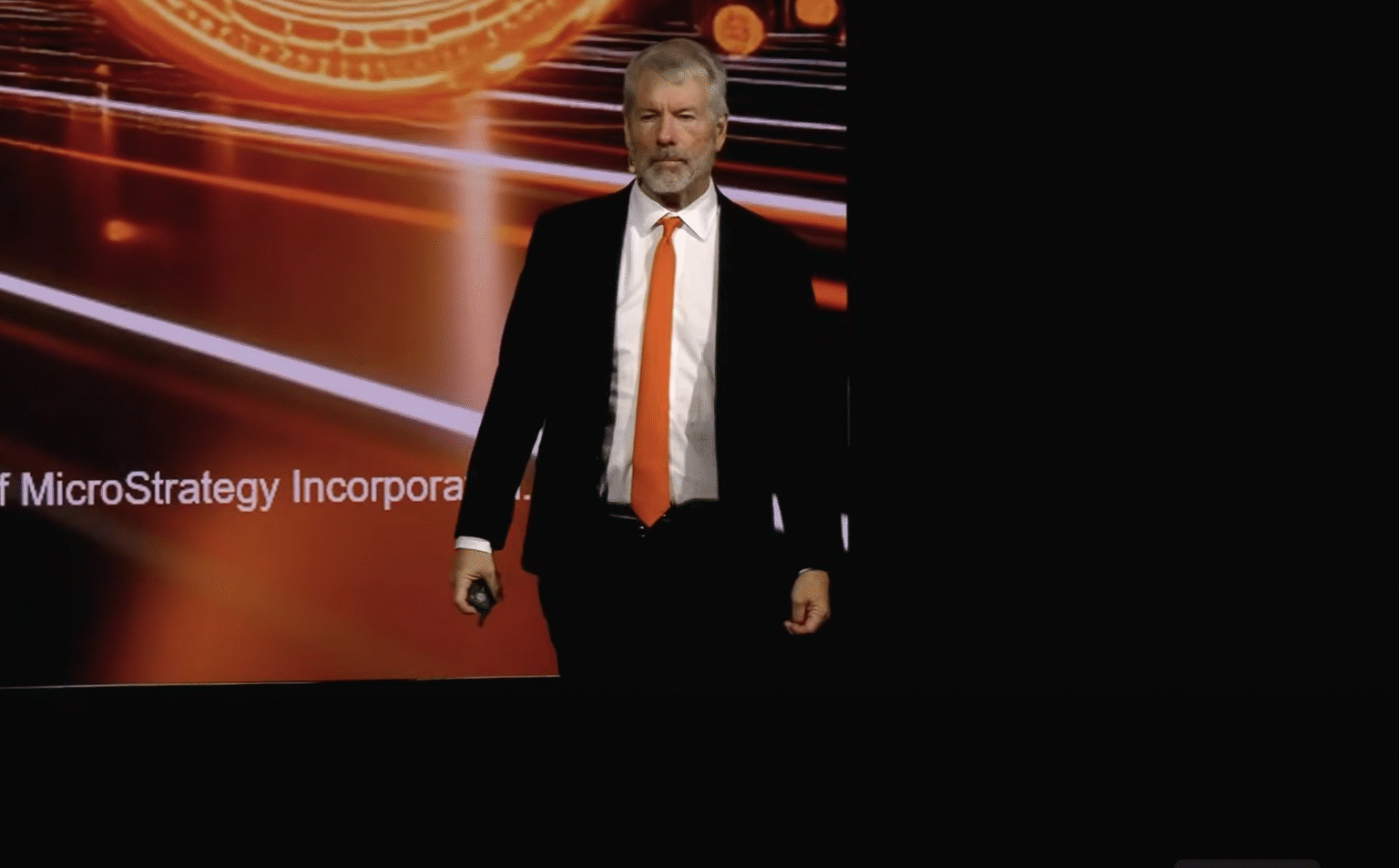Amidst the rapidly evolving world of cryptocurrency, the demand for transparency and accountability has never been greater. This search for reliability has sparked discussions around the concept of proof-of-reserves within the Bitcoin community, igniting debates on its efficacy and potential pitfalls. As we delve into this discourse, we unravel the complexities and implications of adopting proof-of-reserves as a standard practice.
The Complexities of Bitcoin Proof-of-Reserves
The Controversy Surrounding Proof-of-Reserves
During a recent appearance at the Bitcoin 2025 conference, famed Bitcoin advocate Michael Saylor meticulously dissected the industry’s reliance on proof-of-reserves. In a dialogue initiated by Mitchell Askew from Blockware Solutions, Saylor expressed skepticism about the practice, positing that it presents more risks than benefits. By publicly disclosing institutional wallets, Saylor argues, companies inadvertently create vulnerabilities, exposing themselves to malicious forces intent on exploitation.
Proof-of-reserves, often lauded as a means of achieving transparency, is critiqued by Saylor as a potential liability. He draws a vivid analogy, likening the publication of wallet addresses to sharing sensitive family information online—an open invitation to bad actors. Through this analogy, Saylor highlights the inherent security risks associated with the prevailing models of proof-of-reserves.
Beyond Assets: The Need to Acknowledge Liabilities
Saylor’s critique extends beyond security concerns to the fundamental limitations of proof-of-reserves. Focusing solely on assets without considering liabilities, he argues, paints an incomplete picture of financial health. Presenting assets without liabilities is akin to offering a misleading assurance of solvency. For Saylor, the real measure of accountability lies in combining proof of assets with a rigorous examination of liabilities, a standard yet to be consistently met within the cryptocurrency landscape.
He advocates for a more robust framework, one akin to traditional financial systems. In this model, independent auditors and regulated practices validate claims, ensuring a comprehensive understanding of financial status. Saylor emphasizes that the deterrence offered by legal accountability, such as compliance with Sarbanes-Oxley in the United States, exceeds the assurances provided by cryptographic proofs alone.
Potential Pathways for a Secure Future
While skeptical of current proof-of-reserves practices, Saylor concedes that future developments may offer viable solutions. He suggests that advancements such as zero-knowledge proofs could enhance security by allowing verification without revealing sensitive information. However, any such system would require rigorous governance and alignment with established audit protocols to gain institutional acceptance.
In the broader conversation about transparency, Saylor stresses the importance of prudent business practices and informed decision-making. He advises against reliance on unstable, unregulated exchanges and promotes self-custody for individual crypto holders. By redirecting focus from proof-of-reserves to foundational financial discipline, Saylor champions a more secure approach to cryptocurrency management.
Can Proof-of-Reserves Ensure Complete Financial Transparency?
While proof-of-reserves aims to enhance transparency, it often falls short by failing to account for liabilities. As it stands, current implementations face significant challenges in providing a complete financial picture, necessitating advancements in methodology and integration with rigorous auditing practices.
What Are the Security Risks Associated with Proof-of-Reserves?
Publishing wallet addresses can expose entities to potential threats from hackers and other malicious actors. These security vulnerabilities arise from the transparency of on-chain data, which can be exploited to track financial activities and holdings. Therefore, caution and strategic planning are essential when considering proof-of-reserves.
How Could Zero-Knowledge Proofs Revolutionize Proof-of-Reserves?
Zero-knowledge proofs offer a promising avenue by enabling verification of reserves without disclosing sensitive information. By safeguarding the privacy of wallet details while ensuring verifiable accuracy, zero-knowledge proofs could provide a more secure foundation for proof-of-reserves, pending thorough integration with current audit systems.
As the cryptocurrency industry matures, the calls for robust transparency measures will likely continue. However, these measures must balance transparency with security and comprehensive financial auditing to truly serve their purpose. Embracing a holistic approach that encompasses both assets and liabilities could pave the way for more reliable and secure financial practices within the realm of digital currency.

